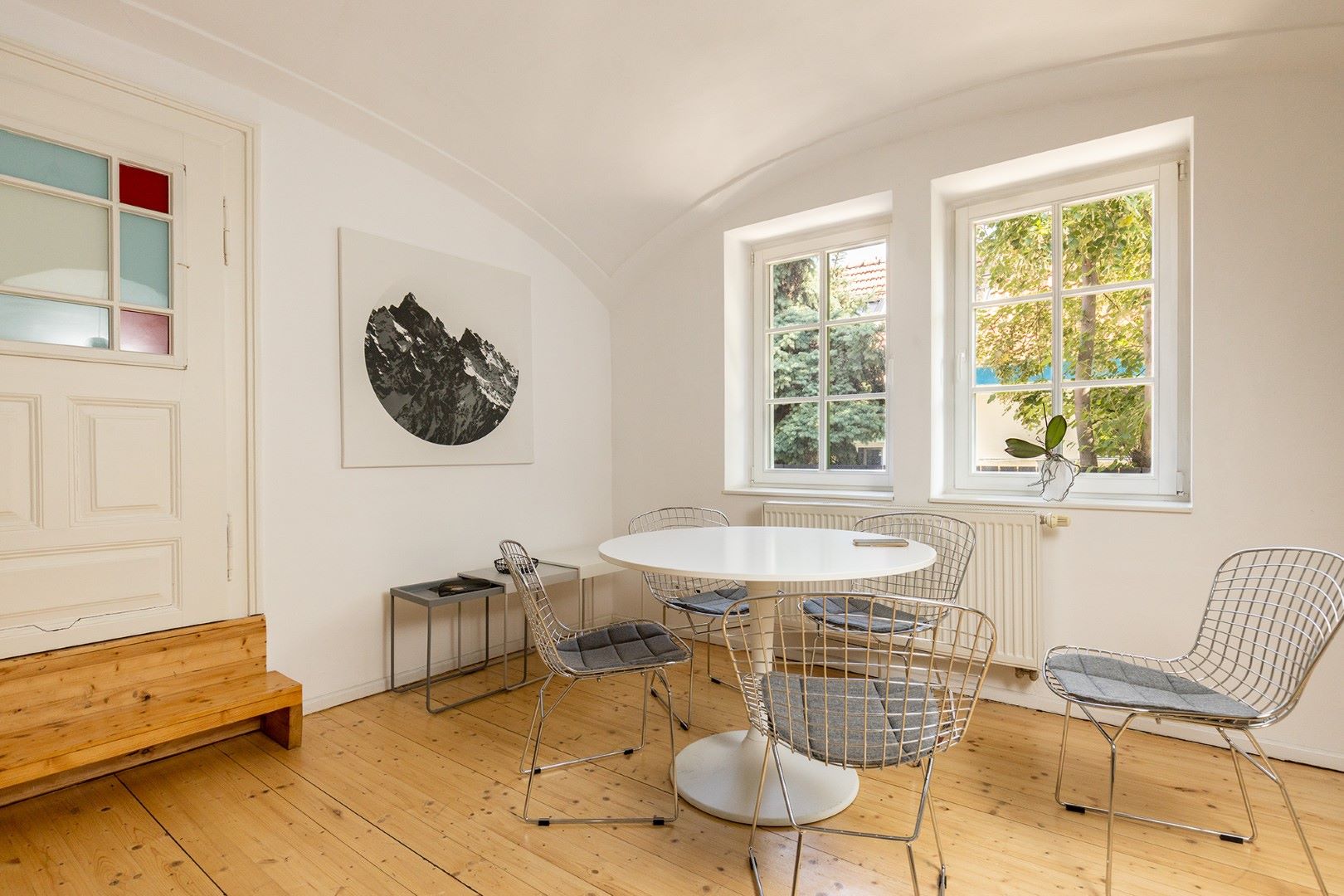Accounting management of entrepreneurs is governed by Act no. 431/2002 Coll. Accounting Law. The entrepreneur keeps double, simple accounting or tax records according to several criteria. One of the conditions is registration in the Commercial Register. If the entrepreneur is also registered in the commercial register, he must keep double accounting. If he is not registered in OR, he can keep simple accounting.
Most entrepreneurs in Slovakia keep either simple accounting or a simplified form - tax records.
What is tax records?
Tax registration is a simplified form of accounting for self-employed persons, and through this form the self-employed person can claim flat-rate expenses. Only the entrepreneur who is not registered in the Commercial Register and is not a VAT payer for the entire tax period of the year can keep tax records. If the entrepreneur is a VAT payer for the whole year, he cannot claim flat-rate expenses.
Who can claim flat-rate expenses?
Flat-rate expenses can be claimed by a taxpayer (natural person) who:
- achieves income from business, income from other self-employment or income from the use of the work and the use of artistic performance,
- does not apply actual expenses, i.e. does not keep tax records, single or double accounting,
- was not a value added tax (VAT) payer, or was a VAT payer for only part of the tax period.
- persons who are registered for VAT according to § 7 or according to § 7a of Act no. 222/2004 Coll. on value added tax as amended (hereinafter referred to as the "VAT Act") are not considered VAT payers and thus can apply flat-rate expenses.
Simple accounting
If the self-employed person is a VAT payer for the entire tax period, he cannot claim flat-rate expenses. In this situation, we recommend keeping simple accounting.
When accounting in a simple accounting system, knowledge of the Income Tax Act is very important, especially which incomes are considered taxable (ie included in the tax base) and which demonstrable expenses are considered taxable.
An accounting unit accounting in the simple accounting system accounts in the following accounting books:
a) in the cash journal,
b) in the accounts receivable book,
c) in the book of liabilities,
d) in auxiliary books, if their maintenance is necessary for proving and reporting the subject of accounting in the financial statements, for example, auxiliary book on the components of property, on obligations from labor relations.
Who has the obligation to keep simple accounting?
- An entrepreneur who is not registered in the commercial register. The commercial register also includes foreign persons, whether physical or legal, with their seat outside Slovakia, but with a branch in Slovakia.
- Natural person (SZČO). These are natural persons engaged in self-employment, who prove their expenses incurred to achieve income from this activity for the purpose of determining the income tax base. However, with the exception of persons who keep tax records.
- Civic association, organizational components of Matica slovenska, associations of legal entities, associations of owners of apartments and non-residential premises, non-investment funds, hunting organizations, non-profit organizations if they do not do business and their income did not reach €200,000 for the previous accounting period.
- Church and religious societies, church institutions that have legal personality.
We give our clients individual attention and with our services we relieve them of the need to follow current laws. In addition, our accountants speak Slovak, Russian, and English fluently, which increases your comfort during daily communication with the accountant.







